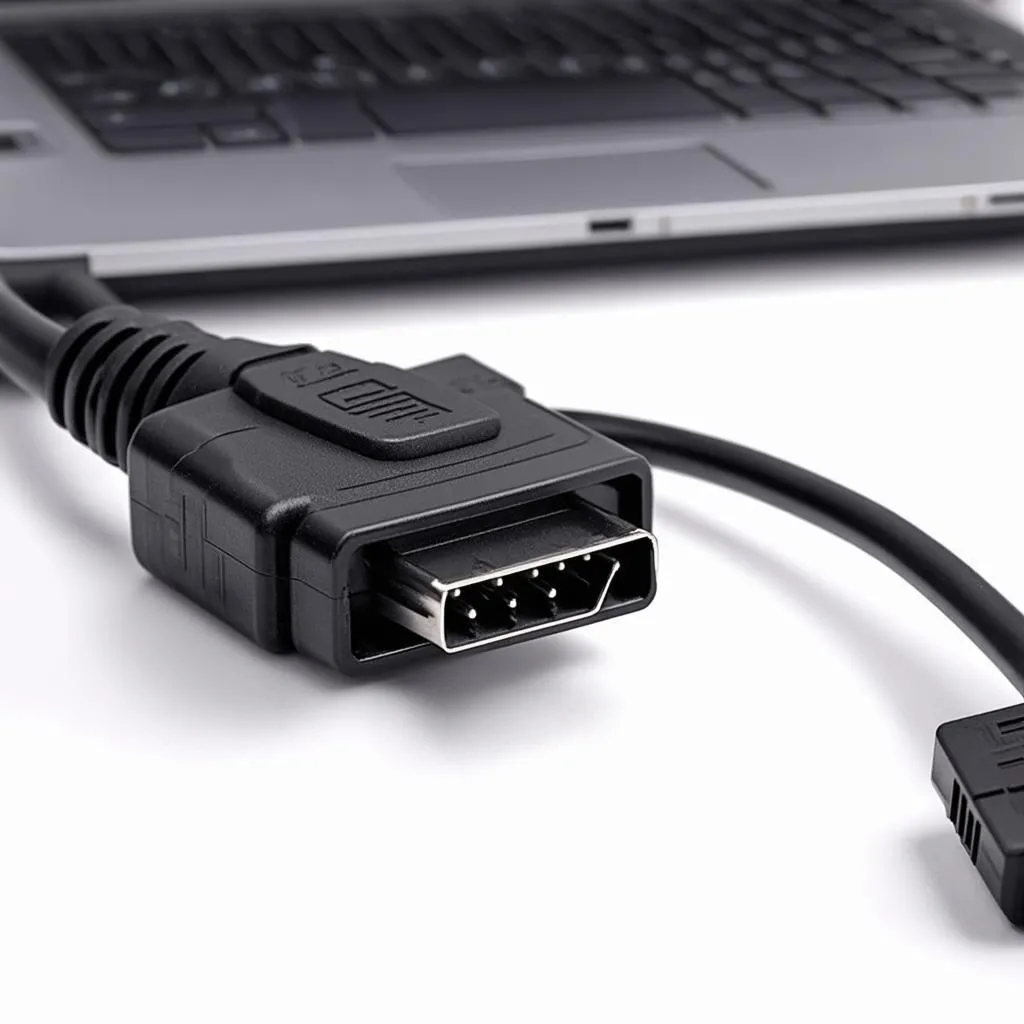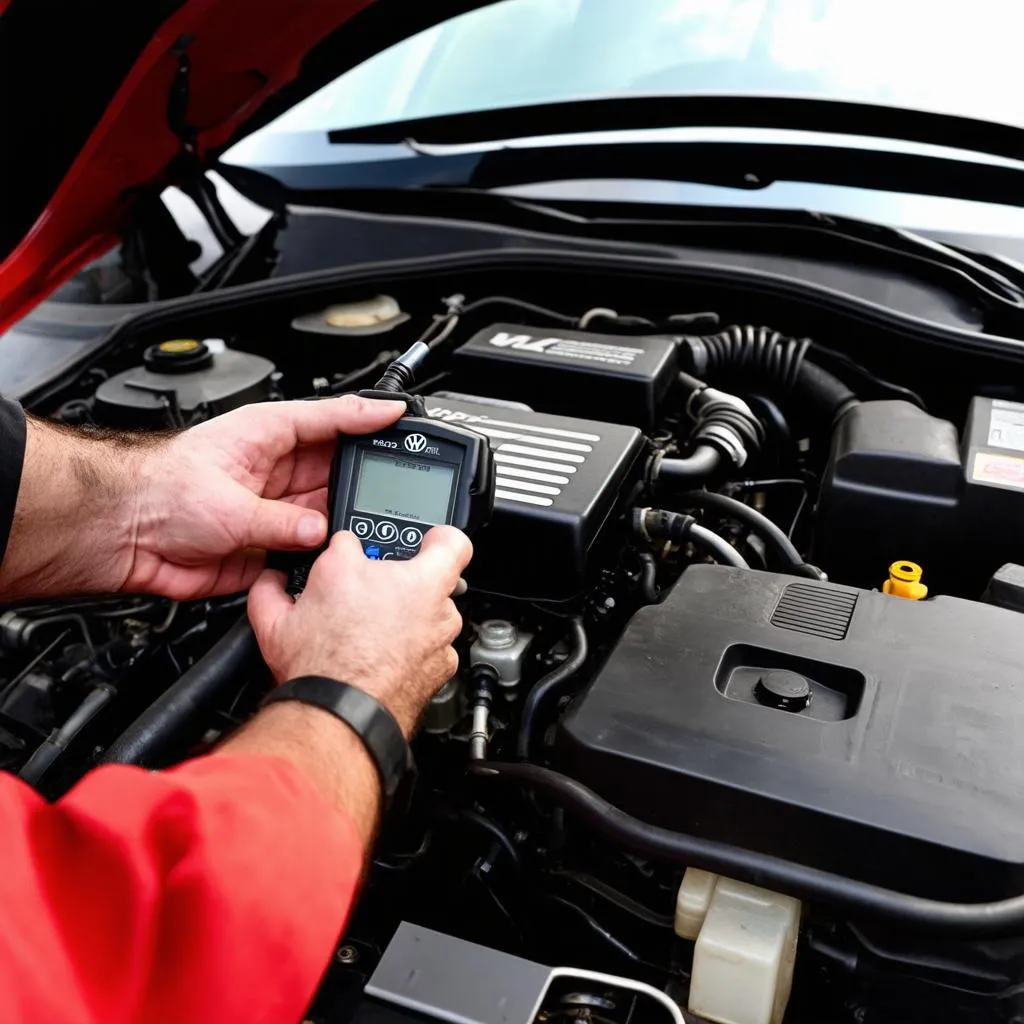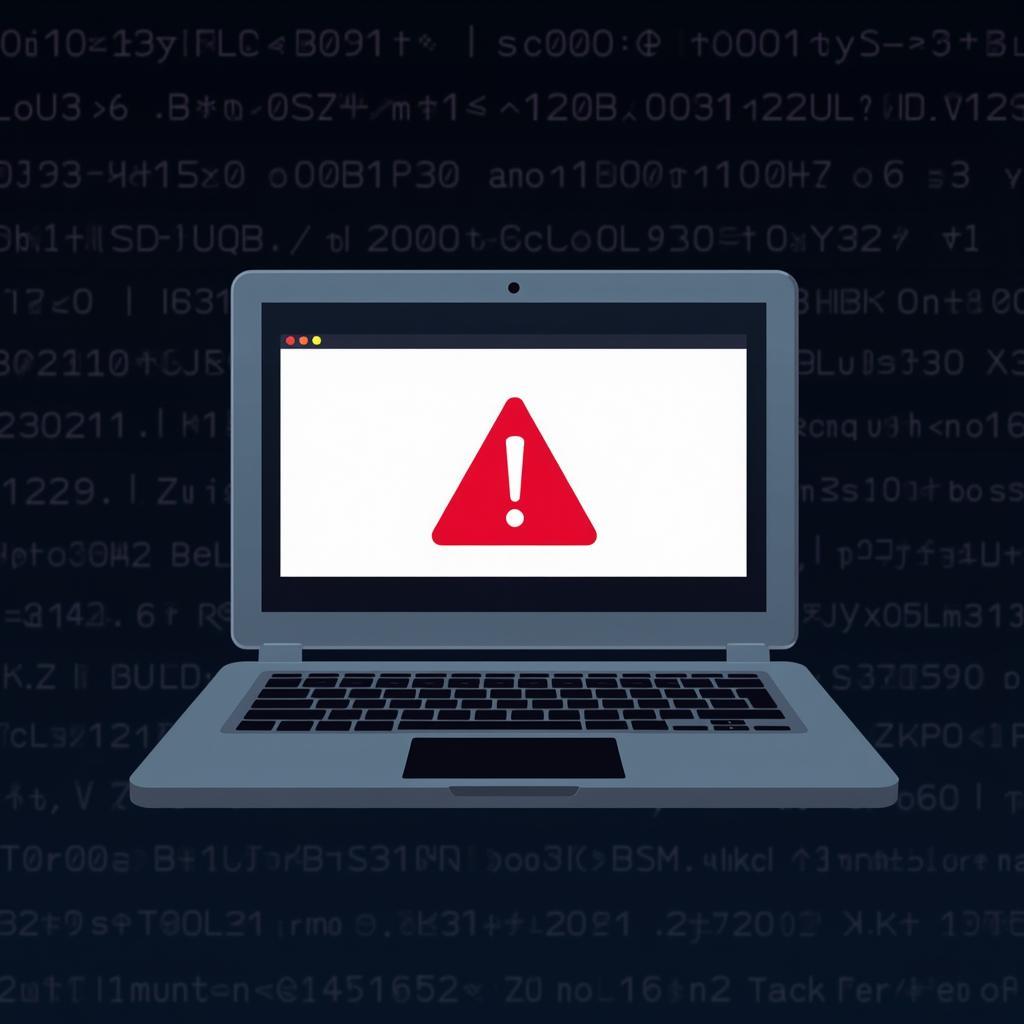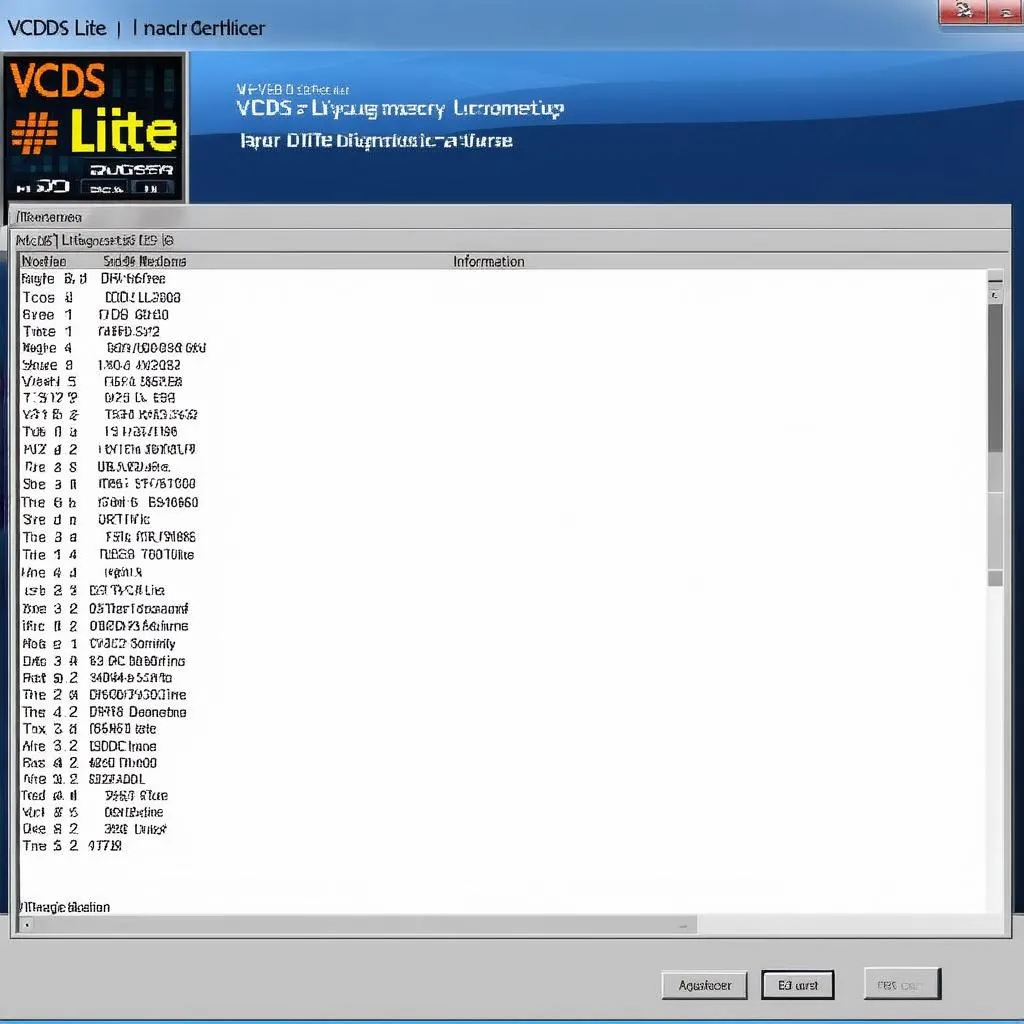In the realm of automotive diagnostics, especially for vehicles from the Volkswagen Audi Group (VAG), VCDS (VAG-COM Diagnostic System) has become a household name. However, the high cost of genuine VCDS software and hardware can be prohibitive for some users. This is where VCDS clones enter the scene, offering a cost-effective alternative. This article delves into the world of VCDS clones, exploring their capabilities, limitations, and whether they are the right choice for your VAG vehicle needs.
Understanding VCDS and Its Significance
Before exploring clones, it’s crucial to understand what makes VCDS a powerful tool for VAG owners. Developed by Ross-Tech, VCDS is a dealer-level diagnostic and reprogramming interface. It allows users to:
- Read and clear fault codes: Identify and address issues triggering warning lights on your dashboard.
- Access live data streams: Monitor various sensors and systems in real-time, aiding in diagnostics and performance tuning.
- Perform adaptations and basic settings: Customize and adjust various vehicle modules to your preferences.
- Execute advanced functions: Access advanced functionalities like coding, component activation, and key programming (depending on the specific vehicle and module).
VCDS Clones: The Affordable Alternative
As the name suggests, VCDS clones are third-party replicas of the original VCDS system. They aim to provide similar functionality at a fraction of the cost. These clones typically consist of:
- Software: A modified version of the VCDS software, often reverse-engineered to work with unofficial hardware.
- Hardware Interface: A cable or device that connects your computer’s USB port to the vehicle’s OBD-II port.
While the appeal of affordability is undeniable, it’s essential to understand the potential drawbacks of using a VCDS clone.
Potential Risks and Drawbacks
- Functionality Issues: Clones may not offer the full range of features and compatibility as the genuine VCDS software, especially for the latest VAG models or specific control modules.
- Software Stability: Reverse-engineered software can be prone to bugs, errors, and instability. This might lead to inaccurate readings, failed operations, or even potential damage to your vehicle’s electronic systems.
- Lack of Support: Unlike the original VCDS, which comes with comprehensive documentation and customer support, clone manufacturers often provide limited or no support. This can leave you stranded when facing technical difficulties or uncertainties.
- Ethical Considerations: Using unauthorized copies of proprietary software raises ethical concerns. It undermines the work of developers like Ross-Tech who invest heavily in research, development, and support.
When Does a VCDS Clone Make Sense?
Despite the risks, VCDS clones can be viable options for certain users:
- Budget-Conscious Hobbyists: For individuals working on older VAG vehicles and requiring basic diagnostic functions, a clone might suffice. However, thorough research and selecting a reputable seller are crucial.
- Learning Experience: For those interested in learning the basics of automotive diagnostics, a clone can serve as an entry point. However, it’s important to acknowledge the limitations and potential risks involved.
Choosing the Right Tool for Your Needs
“It’s crucial to invest in the right tools for the job,” says [Name of Fictitious Expert], an automotive electronics specialist and author of [Name of Fictitious Book]. “While cost is a factor, prioritize reliability, functionality, and the safety of your vehicle’s electronics. For professional use and peace of mind, genuine VCDS is the recommended choice.”
Before making a decision, consider the following factors:
- Your Budget: Genuine VCDS systems come at a premium price, while clones are significantly cheaper.
- Your Technical Expertise: If you are comfortable with troubleshooting and potential software issues, a clone might be manageable. However, novices might find the lack of support challenging.
- Your Vehicle Model and Age: Older VAG vehicles may work fine with clones, while newer models often require the latest genuine VCDS for full compatibility.
- Intended Use: For basic diagnostics and occasional use, a clone might suffice. However, professional use or access to advanced functionalities necessitate a genuine VCDS system.
 VCDS Cable
VCDS Cable
FAQs about VCDS Clones
Q: Will a VCDS clone work with my [Year and Model of VAG Vehicle]?
A: Compatibility varies depending on the clone and the specific control modules in your vehicle. Research thoroughly and check for compatibility lists before purchasing.
Q: Can I update the software on a VCDS clone?
A: Updating clone software can be risky and might render the device unusable. Always exercise caution and back up your data before attempting updates.
Q: What are some reputable sellers of VCDS clones?
A: Due to the nature of the product, there are no “reputable” sellers of VCDS clones in the traditional sense. We recommend researching thoroughly and reading reviews before purchasing from any vendor.
 VAG-COM
VAG-COM
Cardiagtech: Your Source for Automotive Diagnostic Solutions
Cardiagtech offers a wide range of automotive diagnostic tools and equipment, catering to both professionals and enthusiasts. Whether you are looking for the latest genuine VCDS system or other diagnostic solutions, Cardiagtech has you covered.
Conclusion
The decision between a VCDS clone and a genuine VCDS system is a trade-off between cost and functionality. While clones offer an alluring budget-friendly option, they come with inherent risks and limitations. For serious VAG enthusiasts and professionals, investing in a genuine VCDS system from a trusted source like Cardiagtech ensures reliability, full functionality, and peace of mind.
Need help choosing the right diagnostic tool for your needs? Contact CARDIAGTECH today, and our team of experts will be happy to assist you.


